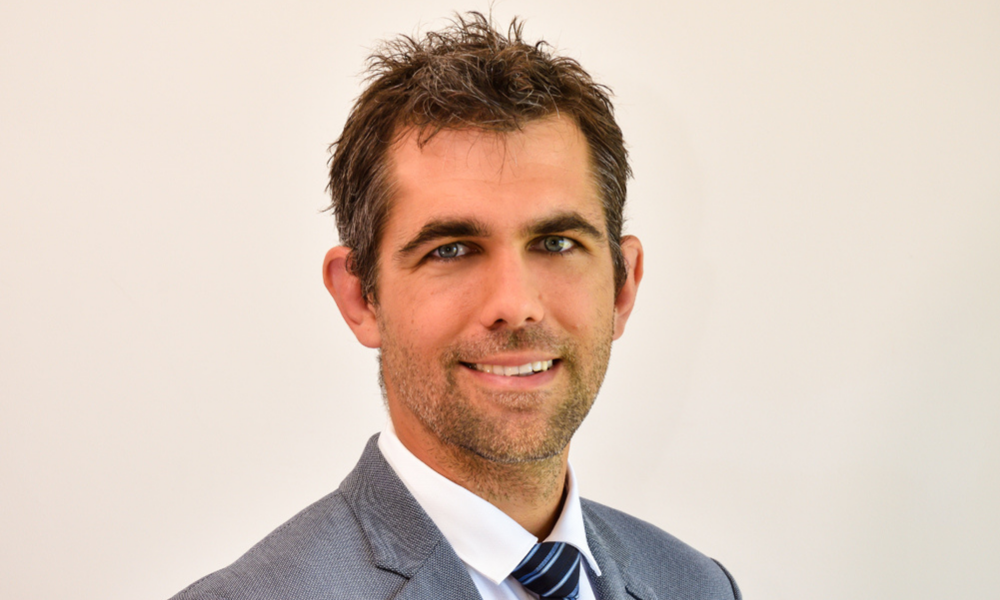
Ethical, effective and enhancing justice: why Loquitur wants to spread the word about witness familiarisation training

What do you do, as a solicitor, when you have a witness whose evidence is rock-solid but who risks falling apart under cross-examination?
It’s all too easy for a witness to fall foul of the traps a barrister sets to throw them off-course. Add in a legal setting which can appear alien and intimidating, and it’s unlikely to present your client and their testimony in the best light.
But there is a way to equip your witness with the tools to stay focused under fire, says Tom Nevin, director of Australia’s leading witness familiarisation training company, Loquitur.
While witness familiarisation is a novel concept in Australia, it’s standard practice in the UK, and one Nevin would like to see widely adopted because of its benefits for the justice system.

Conducted by independent barristers, Loquitur’s courses use mock cross-examinations to train witnesses in the theory and practice of giving evidence. Nevin, a litigation solicitor who has practised across Australia and the UK, is keen to emphasise what witness familiarisation is not. It is not witness coaching, i.e., interfering with the evidence.
“Our training allows for a thorough, in-depth practice of the real-life scenario - but we don’t know the details of the case; we are an independent organisation. All our materials have been prepared and are provided independently of all underlying proceedings, facts and issues.”
Nor does Loquitur’s training stand in for the work of the legal team, but is there to complement and assist them. A witness’s legal team shouldn’t do a mock cross-examination themselves as it’s too risky, Nevin says. “There is a chance they might make a question too close to the real evidence.”
You might imagine a mock cross-examination would primarily benefit anyone unused to speaking in a public, formal setting as opposed to, say, a confident corporate executive. Not at all, says Nevin; thinking you are bullet-proof can be just as treacherous as being nervous.
“You might have someone who is busy and successful, who sees the legal proceeding as a sideshow and walks in thinking, ‘I don’t care what the lawyers say’, and often these are the worst witnesses. They fall apart quickly when forensically cross-examined,” says Nevin.
Expert witnesses can also benefit greatly from the training. “Take, for example, a scientist called to give technical evidence. He is used to giving presentations to peers, but it’s very different to being put in a witness box, live in front of a judge, and having your position torn apart by a barrister.”
The courses – usually one day – start with a deep-dive into the theory and methods of giving evidence and the tricks barristers use so witnesses can recognise them and learn strategies for responding. For example, when a barrister deliberately tries to fluster the witness by cutting them off mid-reply and moving onto the next question.
“We tell clients, if they do that you stop and say ‘I am sorry about that. I will give you the answer to the first question then I will deal with your second question, if that’s okay?’ It sounds simple and obvious but in the heat of the moment you don’t do it.”
Loquitur also teaches physical positioning and pacing. “The cross-examiner might be sitting in one place, but you direct your evidence to the judge. So we teach people to receive the question from the cross-examiner, then pause, take a breath, turn to the judge and direct your response to them. When you have finished you pause, take another breath, and turn to the barrister for the next question. This puts the witness in control, it puts the barrister off their stride, and it allows the witness to retain composure.”
In the afternoon session the witness is given a mock set of facts and is then cross-examined. The role-play is recorded so the barrister can play it back and give feedback on how the individual applied the methods taught.
For Nevin, familiarisation training means the lawyer gets a client who is motivated and confident, and the court is getting the best evidence possible. “That is good for the interests of justice.”
To find out more about Loquitur’s courses go to https://loquitur.com.au/